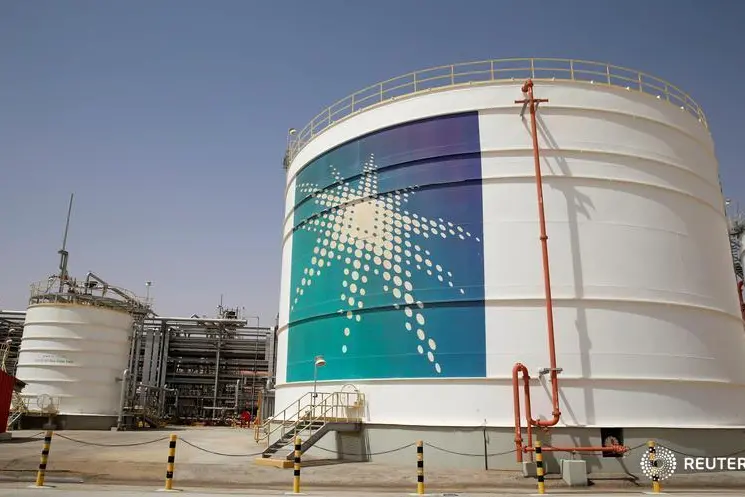PHOTO
Commissioners of large-scale infrastructure projects in the Gulf Cooperation Council (GCC) need to avoid picking 'pet projects' or setting draconian targets if the industries they want to develop around them are to prosper, a new report has warned.
The study, which was published by consultancy firm Strategy& on September 3, said that governments across the region are investing "significant sums" to develop infrastructure, citing a $1.1 trillion figure for Saudi Arabia from 2019-38, and a $350 billion figure for the United Arab Emirates in the same period.
The firm said in a press release that major development schemes can promote local economic development by creating opportunities for businesses "not just to substitute imports, but also to grow non-oil exports by enhancing their capabilities".
"Many developing countries are spending more and more, and they also have a second objective, which is to increase the localisation and benefit from this spending and keep it in-country," Anthony Yammine, one of the report's authors, told Zawya in a telephone interview last week.
However, the report also highlighted three 'cognitive biases' governments make when setting localization policies, which could limit their impact.
The first is they often overestimate how much capacity and ability there is to produce required products locally.
For instance, a body responsible for procuring hundreds of water pumps for a project might look at the overall capacity of local manufacturers, but might not drill down to find out how capable they are of producing the specific types of pump required for a major project.
Sizing up the market
"As such, what you have thought is a big market is now much more fragmented. A key and an important thing to do is to develop this detail and an accurate view of the procurement span and domestic market size," Yammine said.
A further bias often develops when policymakers fixate on developing certain products locally, such as solar panels, wind turbines, automobiles or household appliances - regardless of whether or not it is economic to do so.
He said many efforts to set up local producers were driven by the potential market size, rather than "the incremental economic value-add that you will be able to make".
"It's kind-of the difference between revenue and profit, and what you should do is look at profit and not how you are going to catch the revenue. If you are spending $1 million on Product A, and raw material is 80 percent of this, your incremental is only 20 percent.
"If there's another market for $1 million but where raw material is 50 percent, then you have $500,000 to increment and this is better than the earlier scenario."
The other common mistake made in policymaking is in "absolutist target-setting", the report said.
Aramco has set a policy of achieving 70 percent localisation by 2021 through its In-Kingdom Total Value Add programme, for instance, and the Saudi government has set levies for the number of foreign workers within certain sectors, going as far as to make several jobs only available exclusively for Saudi nationals.
Yet Saudisation policies, accompanied by increased levies on expat families, have led to more than 800,000 people leaving the kingdom over an 18-month period to March 31 this year, which has had a knock-on effect on demand for housing, as well as a range of goods and services, but unemployment levels among Saudi nationals has continued to rise, with jobs in certain sectors proving hard to fill.
"Some government administrators may consider higher percentages of local content more desirable without a clear understanding of whether they create economic value," the Strategy& report said. "Imposing local content requirements creates value for the national economy up to a certain threshold. Thereafter, requirements may actually destroy value," it said.
"You cannot just go and say 'I want to do 100 percent (in-country production)’,” Yammine said. "It should be done on a case-by-case basis, and the way you do it is you start from zero and you go to a certain level. If it then doesn't make sense, then the policymaker should stop and reconsider its target and what it is trying to achieve.”
(Reporting by Michael Fahy; Editing by Shane McGinley).
(michael.fahy@thomsonreuters.com)
Our Standards: The Thomson Reuters Trust Principles
Disclaimer: This article is provided for informational purposes only. The content does not provide tax, legal or investment advice or opinion regarding the suitability, value or profitability of any particular security, portfolio or investment strategy. Read our full disclaimer policy here.
© ZAWYA 2018




















